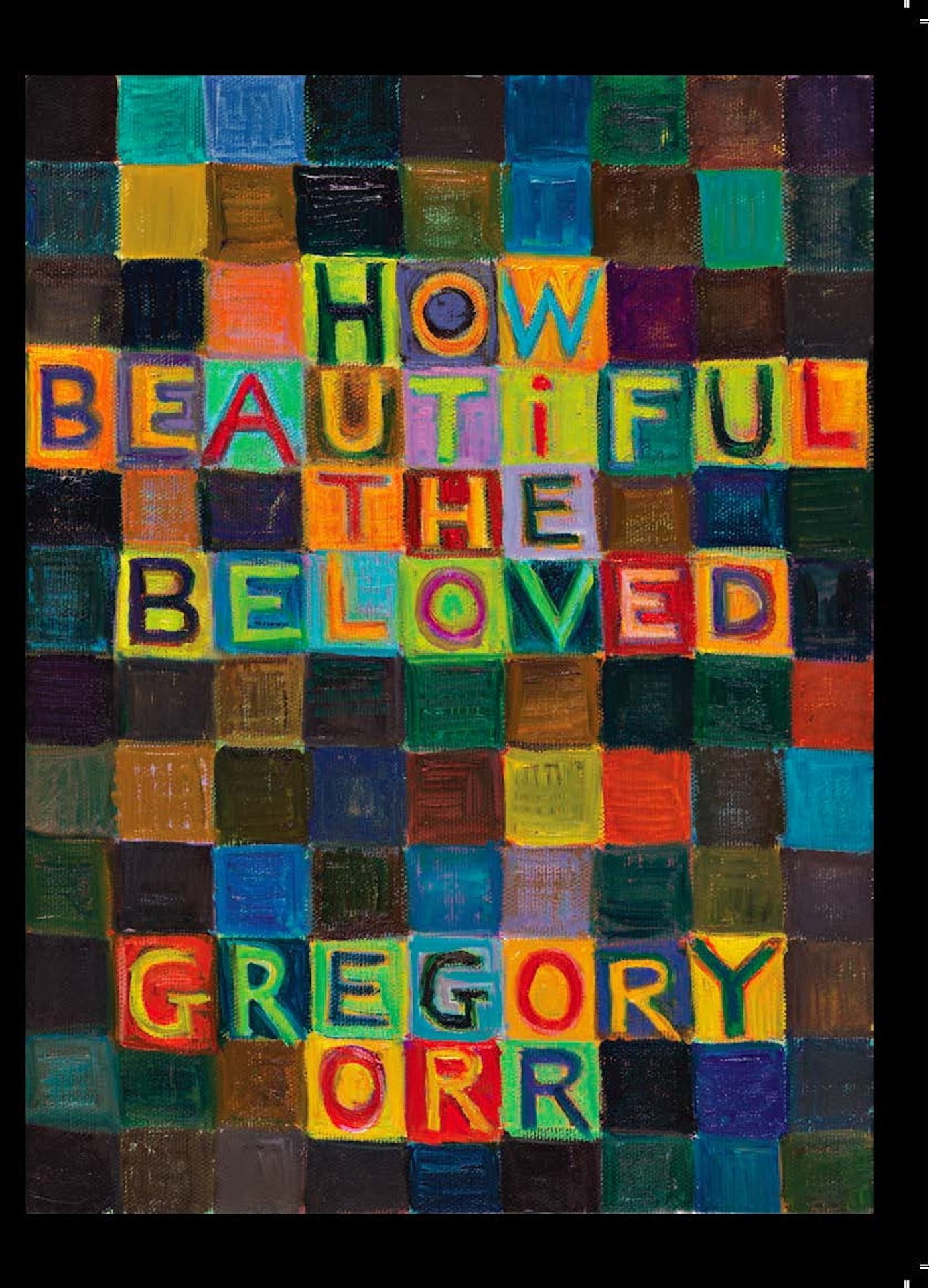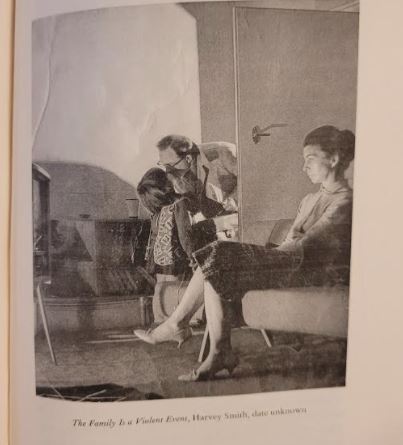I have been listening to more of Lorrie Moore on YouTube as well as reading essays from her collection, See What Can Be Done.
First, I was a bit ashamed when someone asked her about blogging or being on Twitter. She replied, “I don’t have that much to say.”
Ahem. Yikes. Me neither, but it doesn’t seem to stop me.
When asked why reading was important, she replied (something close to this) “Reading is important because we need to get language that isn’t commercially mediated and increasingly we don’t have it. ”
This reminded me of some of my musical quandaries. I consider about music from my youth and wonder why it seemed to go from exciting to me at that time to the way I respond to much popular music that is being written now (meh).
Could it be that as popular music or subgenres continue to generate material that it becomes more and more about making commodity and less about fun and what people like?
Not that rock and folk rock and whatever style was ever non-commercial. I just think that we need music that isn’t commodified and increasingly I don’t find much in new music either popular or any other style.
But, of course, that’s me.
And continuing with Moore’s ideas paraphrased by yours truly:
We need reading to help us get close to another’s imagination and to spend time in this distilled space. Reading expands horizons, emotional knowledge, and knowledge of the world.
When you think of it, maybe the problem of people believing stuff that is crazy and untrue might have something to do with people’s uncharged imagination and lack of time in the space of thinking and reading.

I recently finished Gregory Orr’s little book of poetry, How Beautiful the Beloved. It consists of one page poems and many of them charmed me.
Here are a couple.
______________
Loss and loss and more
Loss–that’s what
The sea teaches.
The need to stay
Nimble
Against the suck
Of receding waves,
The sand
Disappearing
Under our feet.
Here, where sea
Meets shore:
The best of dancing floors.
_______________
Has the moon been up there
All these nights
And I never noticed?
A whole week with my nose
To the ground, to the grind.
And the beloved faithfully
Returning each evening
As the moon.
Where have I been?
Who has abandoned whom?
__________________________
How MAGA Extremism Ends – The Atlantic
The author of this short article, Juliette Kayyem, is my new hero. I recommend her appearance on the latest Amicus podcast.




